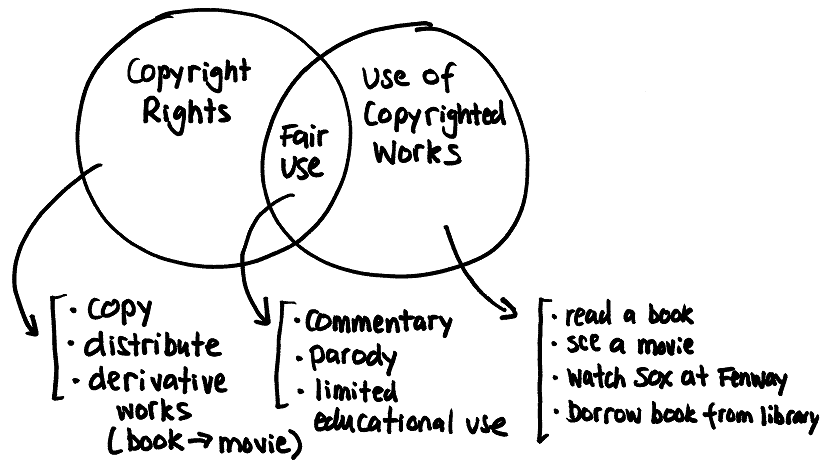The Justification of TV Show Poster
Remixes
Television is frowned upon in this day and age, but it’s also starting to become obsolete! Luckily there are new shows always coming out and capturing the attention of all audiences. The question is: What keeps them wanting to watch the show besides the characters and the plot? Some shows rely on their poster illustrations and in my opinion, that’s all that matters.
So
for my remix project, I decided to create a few of my own TV show posters and
place them on top of several other TV show titles that we all should know. The
project itself is a short video explaining the TV show titles that I made and
questioning whether my creation is against copyright or not. I approached it in
a literal form; meaning that if I made a poster for the TV show, “The Walking
Dead,” I would probably draw a tombstone with a pair of shoes on top of it. The
illustration says the show title, but there are not any characters or any art
from the actual show. So, is this wrong? In my opinion, I argue that it is an
act of fair use.
I
chose to do this type of remix project because I think that one’s own original
artwork and creative ideas should be illustrated; whether it’s a TV show
poster, a movie poster, or possibly a simple brand name.
In
Unit 3, we talked about privacy, ownership, and copyright. I personally don’t
think this project violates the copyrights of the TV shows I depicted. But
really is “copyright?” It’s merely a form of protection given to authors or
creators of ‘original works of authorship.’ In my case, I made simple
derivatives of the artist’s work. However, will anyone be able to even guess
what TV show poster I remixed? This brings me to the only exception to creating
works like my remix project: Fair use. In its most general sense, fair use is
copying any copyrighted material for a limited and transformative purpose. I
believe I have exemplified a “parody” of certain TV shows and interpreted the
show title in my own way. Because of the fact I didn’t utilize any real
characters or show art, I didn’t violate any copyright laws regarding the
specific TV shows. My remix doesn’t mock or ridicule the original, but it is a
creative way to illustrate a TV show.
According
to Chander and Sunder’s article, my approach to this project would be
considered a “Mary Sue.” “The Mary Sue serves as a metonym for all derivative
uses that challenge the hegemony of the original” (Chander and Sunder, 2007).
‘Mary Sues’ are all around us. This concept illustrates that people challenge
the original work(s). If there were no challenges or a build off of a previous
work, our culture would be at a stand still. At the end of the day, and to be
on the safe, give credit where credit is due. That’s what fair use is all
about. If you want your work to be under fair use, make sure you factor in
these guidelines: “the purpose and character of your use, the nature of the
copyrighted work, the amount and sustainability of the portion taken, and the
effect of the use upon the potential market” (Christen, Lecture Notes, Washington
State University Professor).







